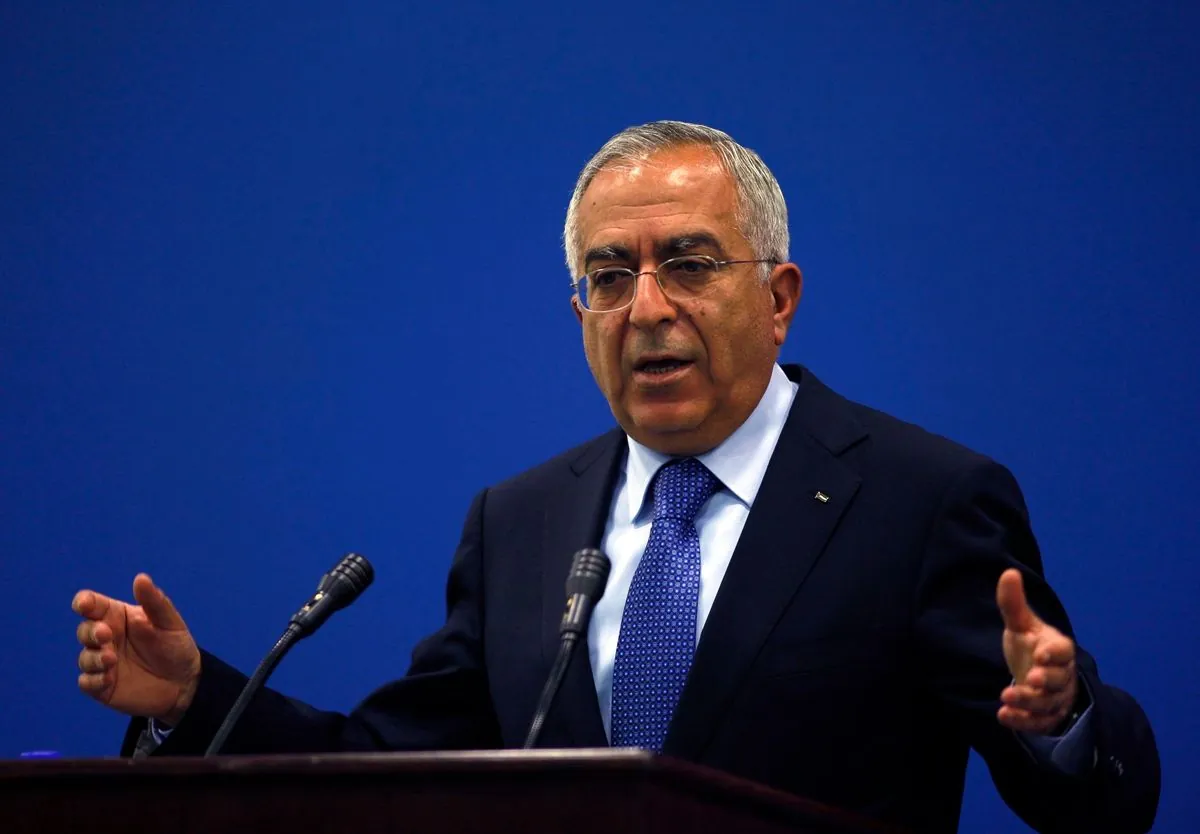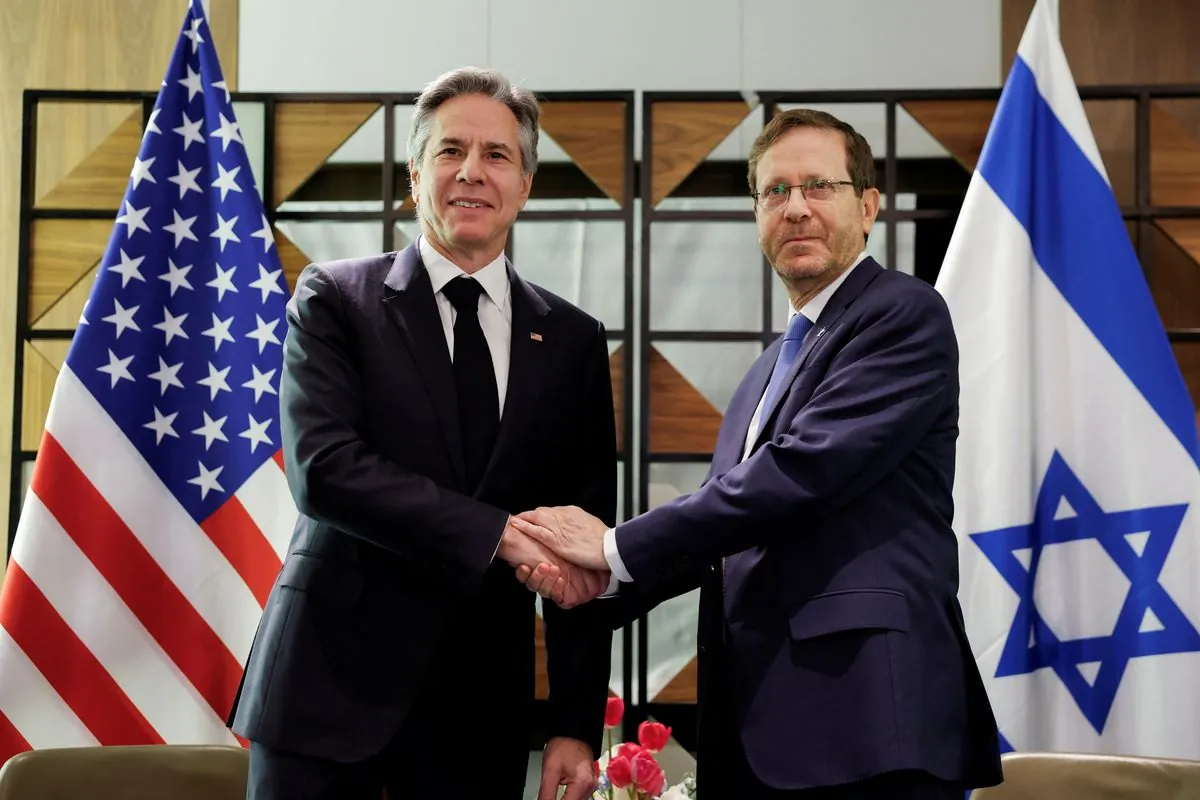Former Palestinian PM Fayyad Calls for US Action to End Gaza Conflict
Salam Fayyad, ex-Palestinian Prime Minister, urges stronger US involvement to halt the Israel-Hamas war. He proposes including Hamas in the PLO for post-war governance and emphasizes the need for Palestinian elections.

The ongoing conflict between Israel and Hamas, now in its eleventh month, has seen little progress towards a resolution. Salam Fayyad, former Prime Minister of the Palestinian Authority and current Princeton University professor, offers his perspective on the situation and potential paths forward.
Fayyad argues that the United States must take a more assertive role in ending the conflict. He states, "It's time for the United States to put its foot down and stop saying after each round of diplomacy [that] Israel agreed and now it's really up to Hamas." Fayyad believes the US has the leverage to influence Israel's actions but has not fully utilized it.

Regarding post-war governance, Fayyad proposes including Hamas in the Palestine Liberation Organization (PLO). This controversial suggestion aims to create a more inclusive Palestinian political framework. Fayyad explains, "If you want to connect all of this to the idea of restoring a pathway to Palestinian statehood on the territory Israel occupied in 1967, part of what needs to be firmly in place would be a commitment to nonviolence."
The two-state solution, long considered the ideal resolution to the Israeli-Palestinian conflict, faces significant challenges. Fayyad acknowledges these difficulties but argues against dismissing the concept entirely. He emphasizes the need for recognition of Palestinian rights, stating, "I think any process, particularly given the failures of the past more than three decades, that begins without a clear and unequivocal statement of recognition of our natural rights as a people, including our right to a sovereign state on the territory Israel occupied in 1967, is not going to yield better results than what we have experienced in the past."
Palestinian leadership and elections remain crucial issues. The last Palestinian elections were held in 2006, nearly two decades ago. Fayyad stresses the importance of a process that can produce leadership rather than searching for a single leader. He proposes a multiyear transitional period with a commitment to nonviolence and recognition of Palestinian rights.
"I think Aaron would agree with me that for much too long the search has been on for a leader rather than a process that could produce leadership. We have not had elections since 2005 and 2006. That's a long period of time."
Fayyad notes changing attitudes towards the conflict in the United States, particularly among younger people. He observes that the war in Gaza has become a "kitchen-table conversation" in many American homes, indicating a shift in public awareness and concern.
As the conflict continues, Fayyad's proposals offer a perspective on potential paths forward. However, significant obstacles remain, including Israeli opposition to Palestinian statehood and the complex dynamics of Palestinian politics. The international community's role, particularly that of the United States, will likely be crucial in determining the future course of Israeli-Palestinian relations.


































